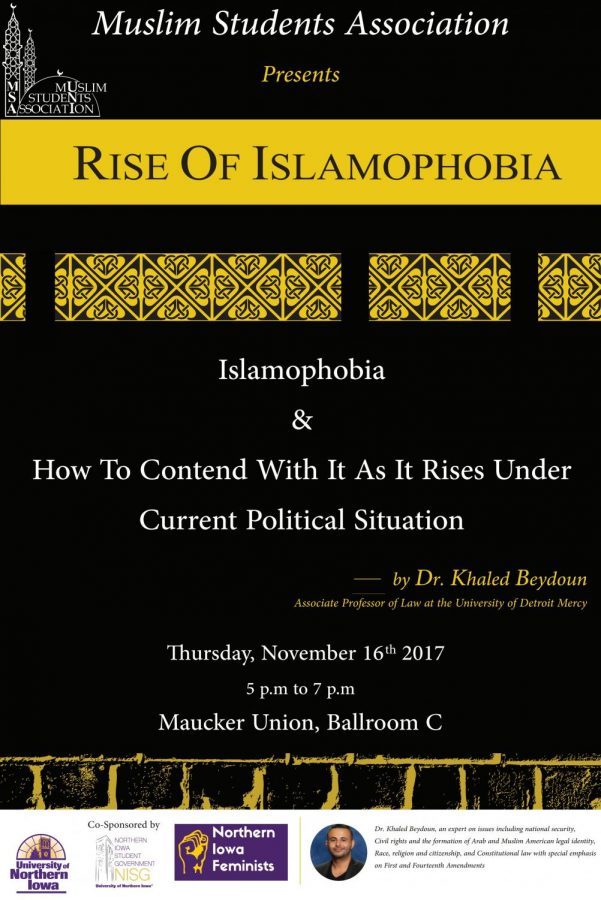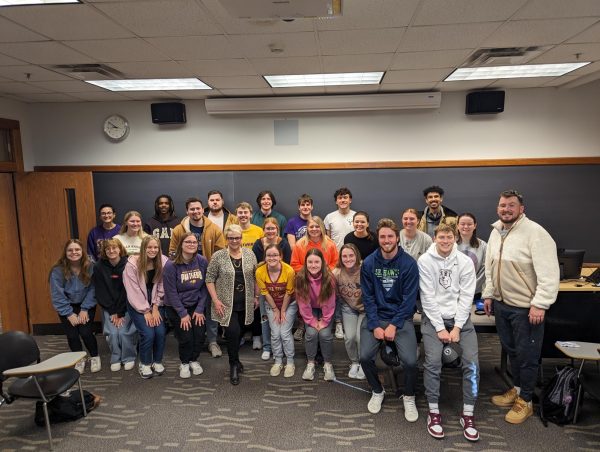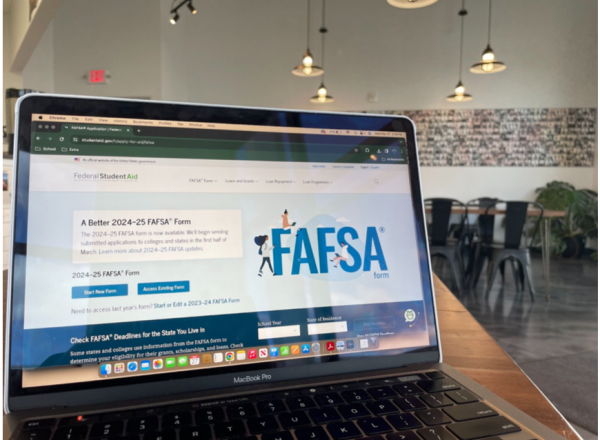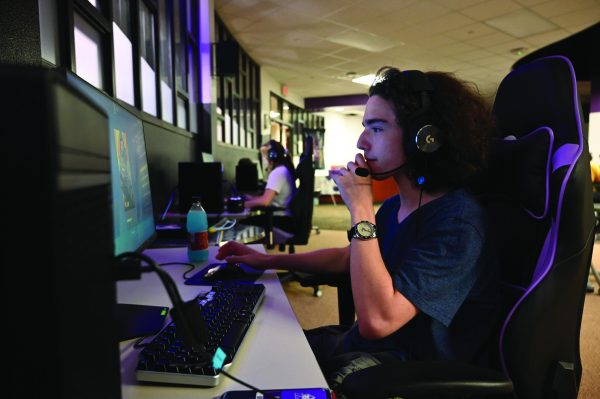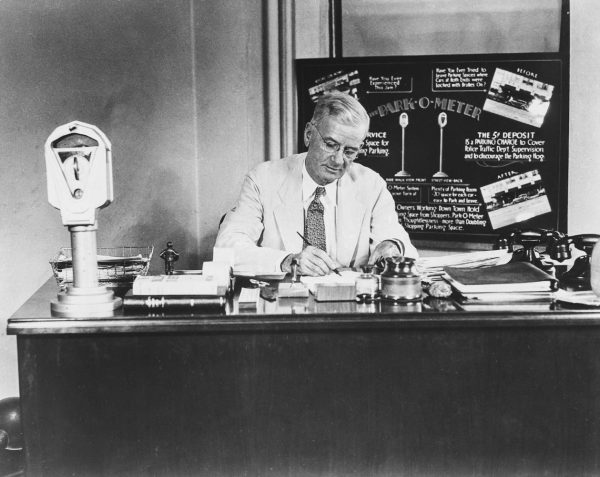Lecture looks at Islamophobia
Nov 27, 2017
Editor’s note: the following story was submitted as a guest article by Shehreen Iqtadar, a graduate assistant at UNI.
The Muslim Student Association (MSA) hosted an event “Rise of Islamophobia” on Thursday, Nov. 16. The event was organized in Maucker Union Ballroom C, from 5 to 7 p.m.
The event featured a lecture by Khaled Beydoun, an associate professor of law at the University of Detroit-Mercy, Michigan. Beydoun, who is a critical race theorist that studies national security, civil rights and constitutional law, spoke on the subject of Islamophobia and how to deal with it in today’s political climate.
Approximately 120 people attended in the event. Participants included many UNI students, along with staff and faculty members, and members of the Islamic center in the Cedar Falls/Waterloo area.
The event started with an opening statement by MSA President Sahil Michael, who highlighted the role and mission of the organization on campus. He stated that the goal of MSA is “to spread awareness about the faith of Islam by organizing and hosting diversity events, seminars and other joint activities.”
Sahil said that doing such activities is important to bridge the gaps between students. His introduction was followed by a one-hour lecture on Islamophobia by Beydoun.
In the start of his talk, Beydoun explained the existing definitions of the term islamophobia. He indicated that multiple sources provide different definitions, including “Google, Webster and Fear Inc.” However, according to Beydoun, many of the prevailing definitions consider Islamophobia to be a “deviant and aberrational activity, performed solely by individuals,” where the “activity and individuals [are] not viewed as emblematic of society at large”.
The talk was followed by a 30-minute Q&A session. During this time, audience members asked many questions related to the topic.
One of the questions asked by a UNI student referenced the role of white Christians in preventing Islamophobia. In his reply, Beydoun said that the country should work to be more open to the differences, both at the individual and community level, and to listen to and understand people who are different.
When a question was posed about the effects of Islamophobia in Iowa, one of the participants, Miriam Amer, executive director of the Council on American-Islamic Relations, said that it is getting worst. She said that every day there are cases of discrimination against Muslims in different spheres of life — for example, in job markets.
In order to eradicate this problem, Beydoun added that Iowans need to work collaboratively against all kinds of terrorism and discrimination. The Q&A session ended with a statement by Sahil, in which he thanked the speaker and audience for their participation.


